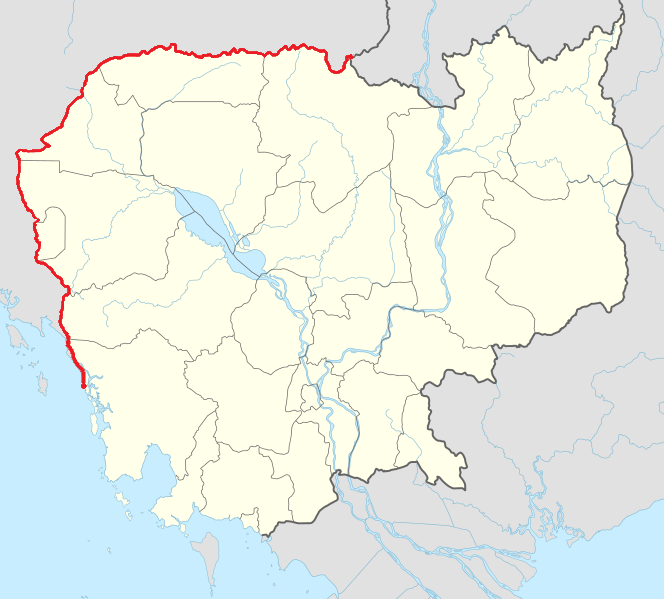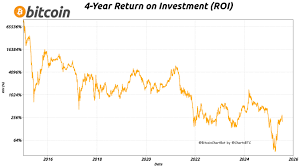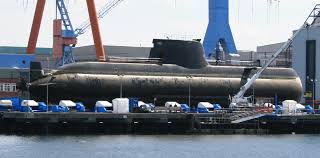
Introduction
The border dispute between Thailand and Cambodia has been a contentious issue for decades, deeply rooted in historical claims and national pride. This long-standing conflict, primarily centered around the area surrounding the Preah Vihear Temple, is of significant importance not only to the nations involved but also to regional stability in Southeast Asia. As both countries navigate their relationship, the implications of the dispute can influence diplomatic ties and economic cooperation in the region.
Historical Background
The territorial disagreements date back to the colonial era and were exacerbated by differing interpretations of historical treaties. The 1907 Franco-Siamese Treaty settled some boundaries but left key areas in dispute. Tensions escalated with the UNESCO designation of Preah Vihear Temple as a World Heritage site in 2008, a move that reignited nationalistic sentiments on both sides.
Recent Developments
In recent months, both nations have engaged in diplomatic talks to address the ongoing tensions. In September 2023, representatives from Thailand and Cambodia met to discuss border management and security matters. These talks did show some promise with agreements on improved communication channels to prevent misunderstandings along the border.
Moreover, both governments have made efforts to boost local economies around the disputed areas, promoting tourism and infrastructure development. Observers note that fostering strong economic ties could serve as a stabilizing influence in resolving disputes.
International Observations
The international community, including ASEAN and the United Nations, remains attentive to the situation, encouraging both governments to pursue peaceful negotiations. Support from foreign nations for both Thailand and Cambodia has also begun to play a role in how each side approaches the dispute.
Conclusion
The Thailand Cambodia border dispute remains a critical issue that highlights the fragility of international borders and national identities. While both nations exhibit commitment in discussions, the path towards resolution is fraught with challenges. Continued dialogue, reinforced by economic collaboration, may pave the way for a more stable relationship in the future. As observers, it is vital to monitor these developments, as they hold significant implications for regional politics and the community’s overall peace.



